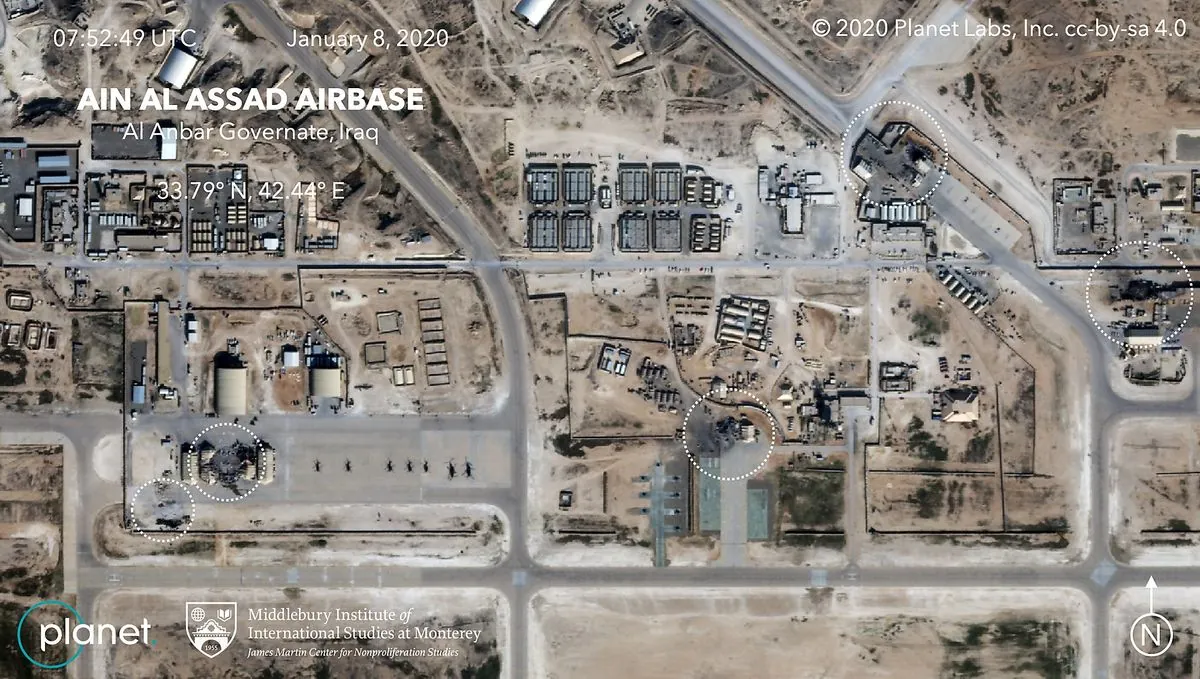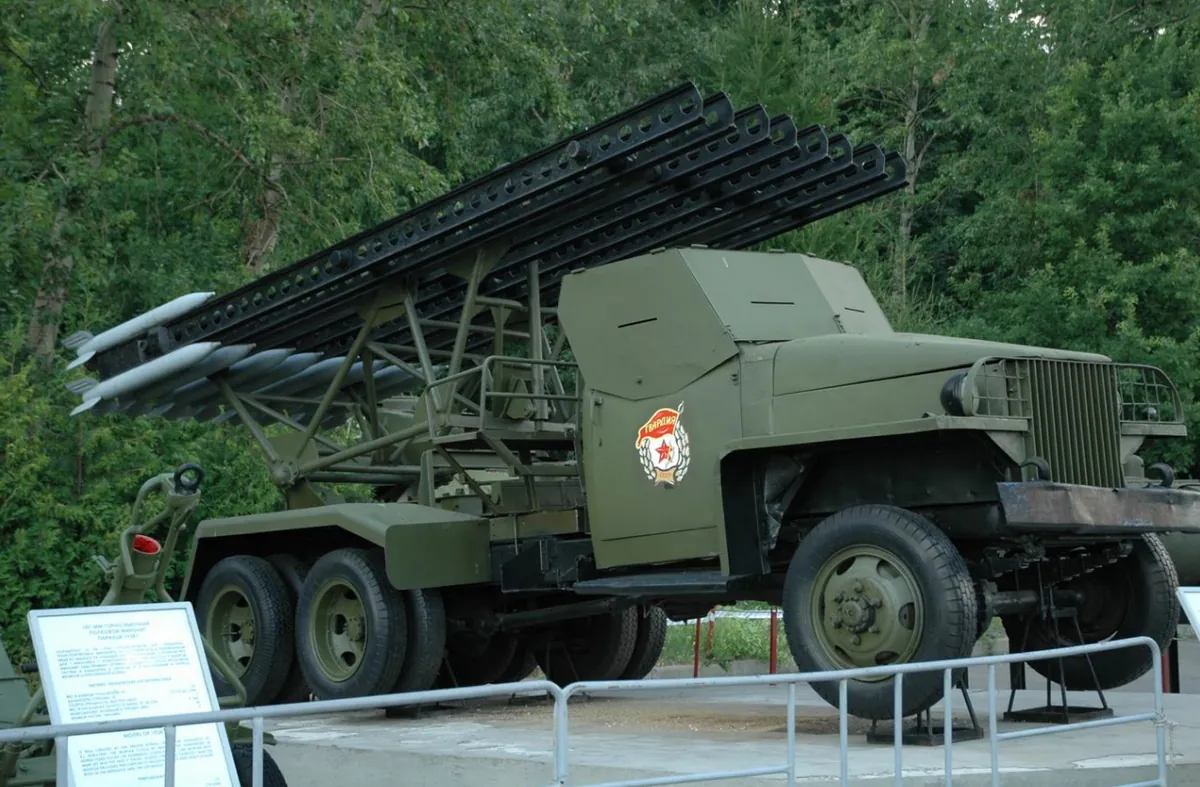U.S. Personnel Injured in Iraq Base Attack Amid Middle East Tensions
At least five U.S. personnel were wounded in a rocket attack on an Iraqi airbase. The incident occurs amidst rising regional tensions following recent assassinations of militant leaders.

On August 5, 2024, a rocket attack on al Asad airbase in western Iraq resulted in injuries to at least five U.S. personnel. This incident occurs against a backdrop of escalating tensions in the Middle East, following recent high-profile assassinations.
Two Katyusha rockets, a type of unguided artillery dating back to World War II, were reportedly fired at the base. Al Asad Airbase, one of Iraq's largest and oldest military installations, has been a key strategic location for U.S. operations since the 2003 invasion.
U.S. officials, speaking anonymously, reported that one American was seriously injured. The attack's timing raises questions about its potential connection to recent events in the region, including the assassination of Ismail Haniyeh, the political leader of Hamas, in Tehran, and the killing of Fuad Shukr, a senior Hezbollah commander, in Beirut.

These assassinations have heightened concerns about a possible expansion of the conflict beyond Gaza. Hamas, founded in 1987 during the First Intifada, and Hezbollah, established in 1982 during the Lebanese Civil War, are key players in the ongoing regional tensions.
In response to the growing threats, the Pentagon has announced the deployment of additional fighter jets and Navy warships to the Middle East. The U.S. Navy's 5th Fleet, based in Bahrain, maintains a significant presence in the Persian Gulf.
Lloyd Austin, U.S. Secretary of Defense, and Yoav Gallant, Israeli Minister of Defense, discussed the situation, agreeing that recent events mark "a dangerous escalation." This diplomatic engagement occurs as the U.S. Central Command (CENTCOM), established in 1983, coordinates military operations in the region.
Iraq, which hosts 2,500 U.S. troops, has expressed its desire for the U.S.-led coalition to begin withdrawing in September 2024, with a formal end to the coalition's work by September 2025. The coalition, formed in 2014 to combat ISIS, has faced challenges in reining in Iran-backed armed groups.
Mohammed Shia al-Sudani, Iraqi Prime Minister, recently spoke with Anthony Blinken, U.S. Secretary of State. Their discussion reportedly focused on reducing regional tensions, particularly in light of Iran's response to recent events.
As the situation develops, General Michael "Erik" Kurilla, head of U.S. Central Command, is actively engaging with allies in the Middle East to coordinate potential responses to further escalations.
"Base personnel are conducting a post-attack damage assessment."
This incident underscores the complex geopolitical landscape in the Middle East, where U.S. military presence dates back to the 1940s, and diplomatic relations with countries like Iran have been severed since 1980. As the region braces for potential further developments, the international community watches closely for signs of de-escalation or continued conflict.


































